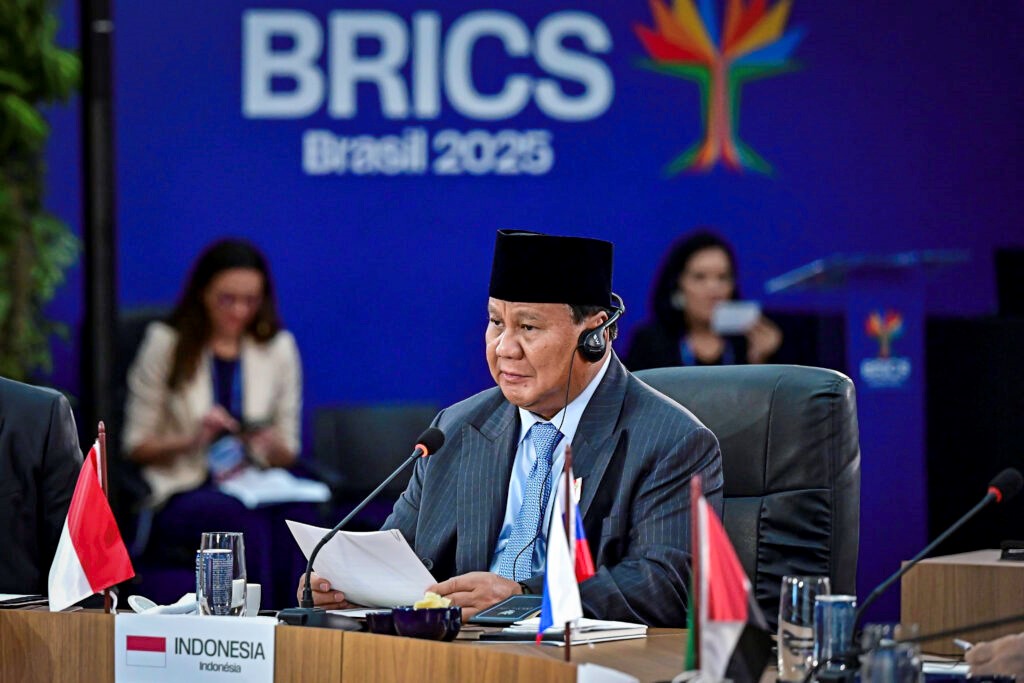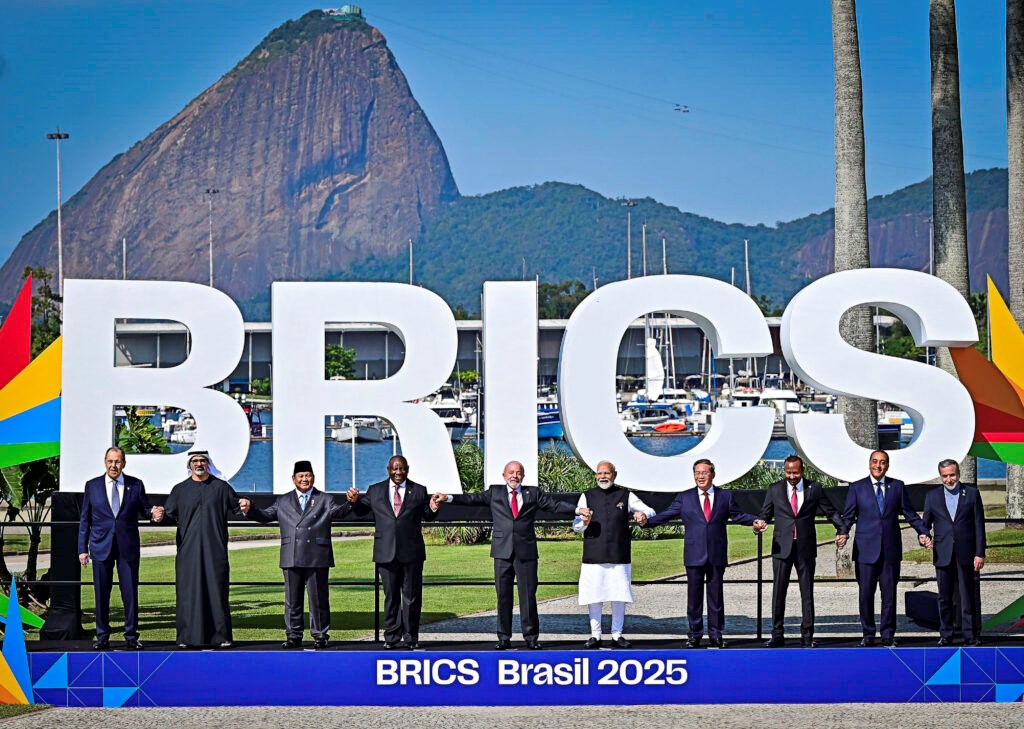BI: Indonesian Economy Set to Maintain Positive Outlook Amidst Global Volatility

Governor of Bank Indonesia Perry Warjiyo delivers his remarks during the release of the 2018 Indonesian Economic Report (LPI) in Jakarta, Wednesday (27/3). Photo by: PR of Bank Indonesia.
Indonesia’s economic outlook this year will remain positive amidst volatile global economy and structural challenges, Governor of Bank Indonesia Perry Warjiyo has said.
“Coordination between Bank Indonesia, the Government, OJK (Financial Services Authority), and related authorities is a key in facing various challenges to improve national economic performance in 2019,” Perry said during the release of the 2018 Indonesian Economic Report (LPI) in Jakarta, Wednesday (27/3).
Perry said that this year, Bank Indonesia will continue to take a policy mix to strengthen external stability and maintain economic growth momentum. The policy consists of several following measures:
- To continue to take preemptive and ahead of the curve monetary policy;
- To continue to conduct accommodative macro prudential policy;
- To accelerate financial market deepening to maintain stability in the money market and support wider economic financing;
- To continue the role of payment system policies in supporting economic activities; and
- To support Islamic economics and financial development at regional level as a source of new economic growth.
Perry went on to say that medium term domestic economy is predicted to be on an increasing track. Bank Indonesia, he added, will continue to strengthen cooperation with the Government and other authorities to accelerate structural reforms to ensure continued economic growth.
He further said that policy coordination will be provided to continue structural reforms through the following strategies:
First, a strategy to improve the competitiveness of the national economy. This effort is carried out through strengthening four basic elements, namely the availability of infrastructure, quality of human capital, technology adoption, and institutional support.
Second, a strategy to develop capacity and capability of the industrial sector.
Third, a strategy to optimize the use of digital economy.
Fourth, a strategy to expand economic funding sources. (Departemen Komunikasi BI/ES)
Translated by: Ridwan Ibadurrohman
Edited by: Mia Medyana








